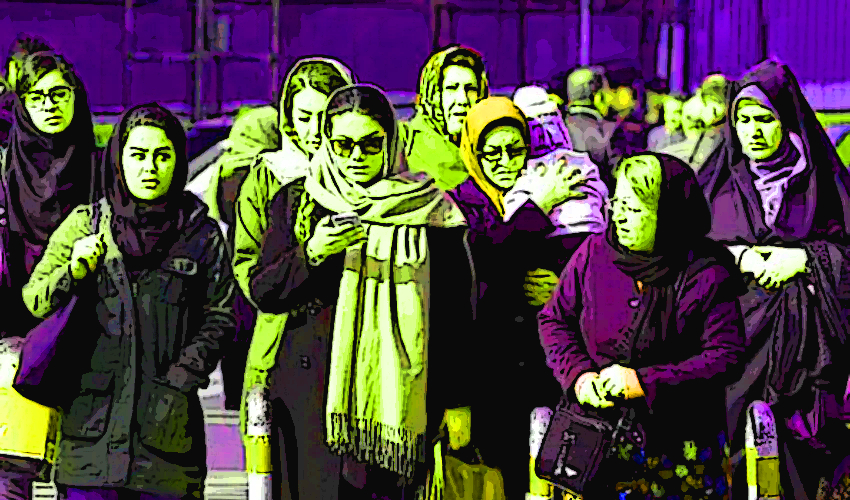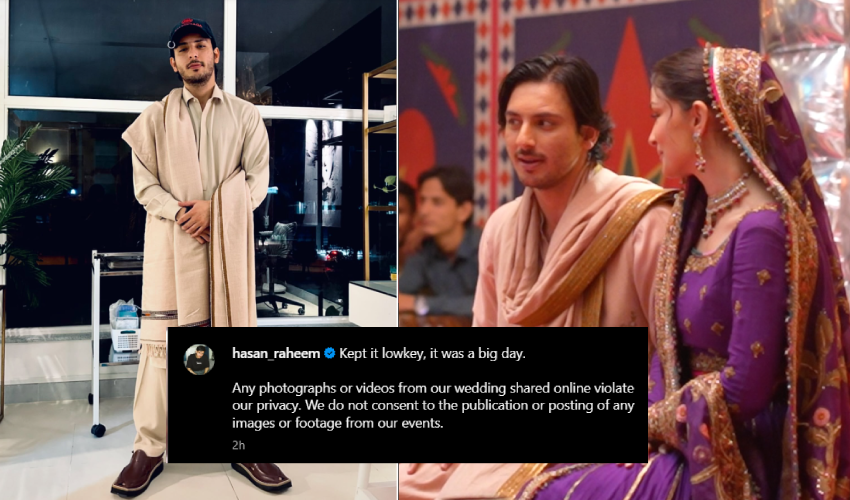The Iranian government has released new guidelines for medical students which include strict rules on how they should dress.
The guidelines have sparked a flurry of reactions among local media outlets and social media users.
The Ministry of Health's new code of conduct requires students and assistants of medical sciences faculties and universities to adhere to strict dress codes in both the academic and medical environments.
Universities are required to secure written commitments from students confirming their compliance with the new regulations and keep a disciplinary record of "attire and conduct" to gauge adherence.
Social media users brought attention to restrictions such as the prohibition of chewing gum in medical facilities, curly hair for men, and the use of cologne and cosmetics.
The policy also prohibits women from wearing nail extensions or eyelash extensions.
In an interview with IranWire, sociologist Mehrdad Darvishpour said that the new guidelines are an attempt by the government to control and suppress the lifestyle advocated by the "Free Life Woman" protest movement.
He also said that the government is targeting medical students and healthcare professionals because of their active roles during last year's anti-government protests.
The issuance of the code of conduct comes at a time when university officials' actions have already led to the humiliation and suppression of students.
A female medical student told IranWire how students, particularly women, are often met with derogatory comments when they enter university premises.
Security guards make remarks on their attire, question the appropriateness of their clothing, makeup, and headscarves.
Female medical students are asked humiliating questions about their appearance. This makes them feel awful and makes them less interested in learning.
Students who resist pressures face the risk of expulsion, suspension, or legal action.
Meanwhile, the educators have been told to ensure that guidelines are complied with otherwise it could create hindrance in their professional career.
Consequently, many highly qualified individuals either avoid becoming faculty members or quit their jobs, leading to irreparable losses for the students' academic development.



























